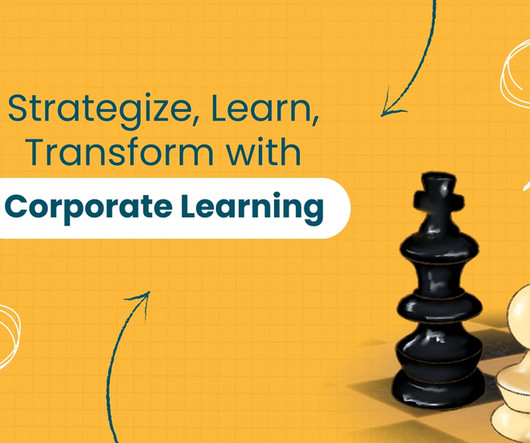Implications of the ESG agenda for leadership
CLO Magazine
JUNE 16, 2023
Additionally, as more and more companies take leadership positions on responding to these ESG challenges, this in itself is leading to industry transformations that are also driving disruption. Engaging in multi-stakeholder collaboration with unconventional partners, such as competitors, NGOs and trade unions.



































Let's personalize your content